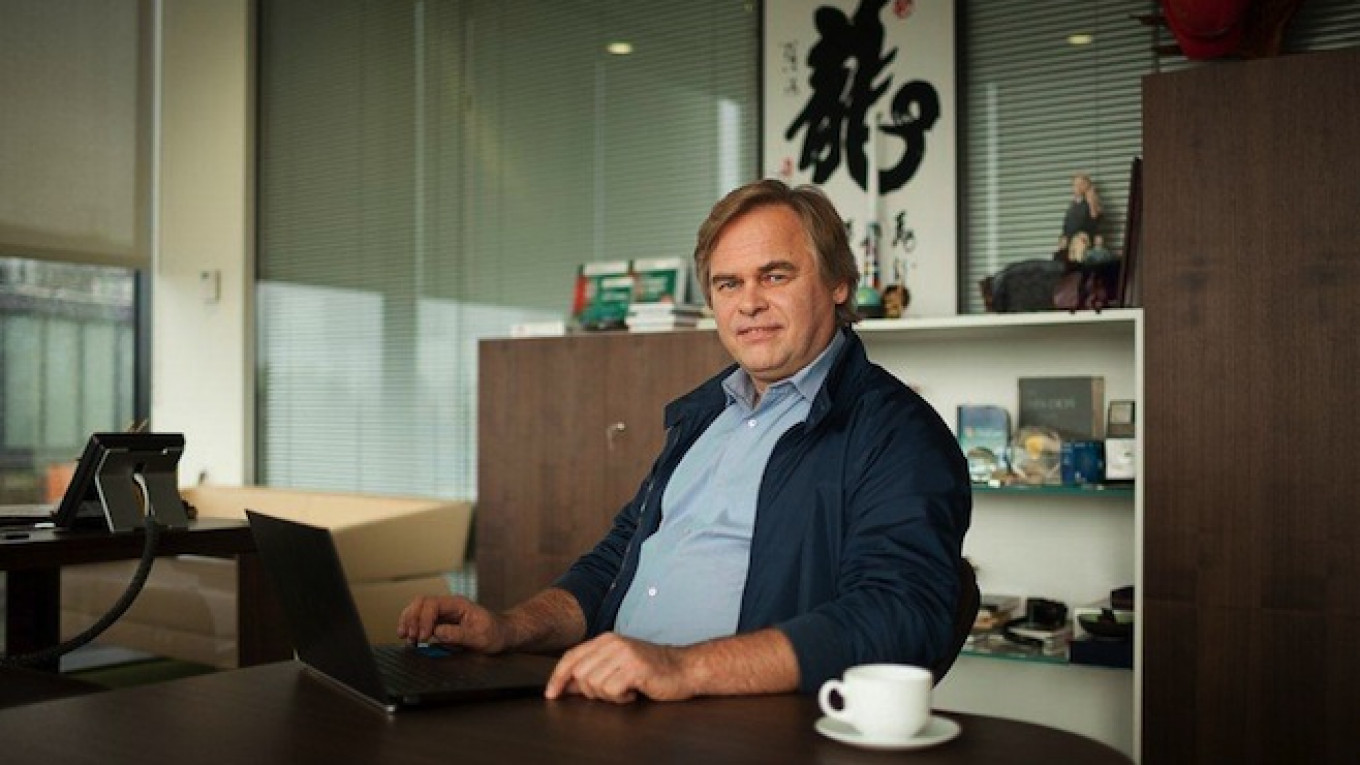Russian cyber-security firm Kaspersky Lab may have ties to Russia's Federal Security Service (FSB), the successor to the Soviet KGB, according to a report published by Bloomberg Friday.
The report cited six unidentified former and current employees of Kaspersky Lab, one of the world's biggest sellers of anti-virus software, as saying the company had aided Russian spooks using data collected from its 400 million customers worldwide.
Bloomberg also alleged close personal ties between Kaspersky's founder, Eugene Kaspersky, and Russian intelligence officers and said the Russian company, which issues regular reports on global cyber-espionage groups, focused on exposing Western programs, particularly by the U.S. National Security Agency (NSA), while ignoring espionage efforts by Russia's security service.
Kaspersky on Friday refuted the claims on his blog, claiming that the company had nothing to hide.
"It is very hard for a company with Russian roots to become successful in the U.S. and European markets," Kaspersky wrote. "Nobody trusts us by default. Our only strategy — is to be 1000 percent transparent and honest. It took years to explain who we are."
The Moscow-based company is the world's sixth-largest cyber security firm by revenue, raking in $667 million in 2013, and is highly regarded by U.S. retail stores such as Best Buy and Amazon.com.
Citing its unidentified sources, Bloomberg said Kaspersky Lab had started cozying up to the Russian government in 2012, firing high-level managers and replacing them with Russians close to the military or intelligence services.
Three of Bloomberg's sources identified the company's chief legal officer, Igor Chekunov, as one highly placed manager with a KGB past — he worked as a border guard, a post that was managed by the KGB in the Soviet Union, Bloomberg said.
According to Bloomberg, Chekunov joins Kaspersky for a weekly banya (Russian sauna) session with 5 to 10 regulars that include Russian intelligence officers.
Kaspersky denied knowing any intelligence officers at the banya on his blog.
Bloomberg also said Kaspersky was a KGB cryptography specialist and cited a Japanese advertising campaign that claimed as much. Kaspersky firmly denied this.
"I can spell it out: I've NEVER worked for the KGB," he wrote. "I studied mathematics at the school sponsored by Ministry of Atomic Energy, Ministry of Defense and KGB. After graduating, I worked in the Ministry of Defense as a software engineer for several years."
A Message from The Moscow Times:
Dear readers,
We are facing unprecedented challenges. Russia's Prosecutor General's Office has designated The Moscow Times as an "undesirable" organization, criminalizing our work and putting our staff at risk of prosecution. This follows our earlier unjust labeling as a "foreign agent."
These actions are direct attempts to silence independent journalism in Russia. The authorities claim our work "discredits the decisions of the Russian leadership." We see things differently: we strive to provide accurate, unbiased reporting on Russia.
We, the journalists of The Moscow Times, refuse to be silenced. But to continue our work, we need your help.
Your support, no matter how small, makes a world of difference. If you can, please support us monthly starting from just $2. It's quick to set up, and every contribution makes a significant impact.
By supporting The Moscow Times, you're defending open, independent journalism in the face of repression. Thank you for standing with us.
Remind me later.






